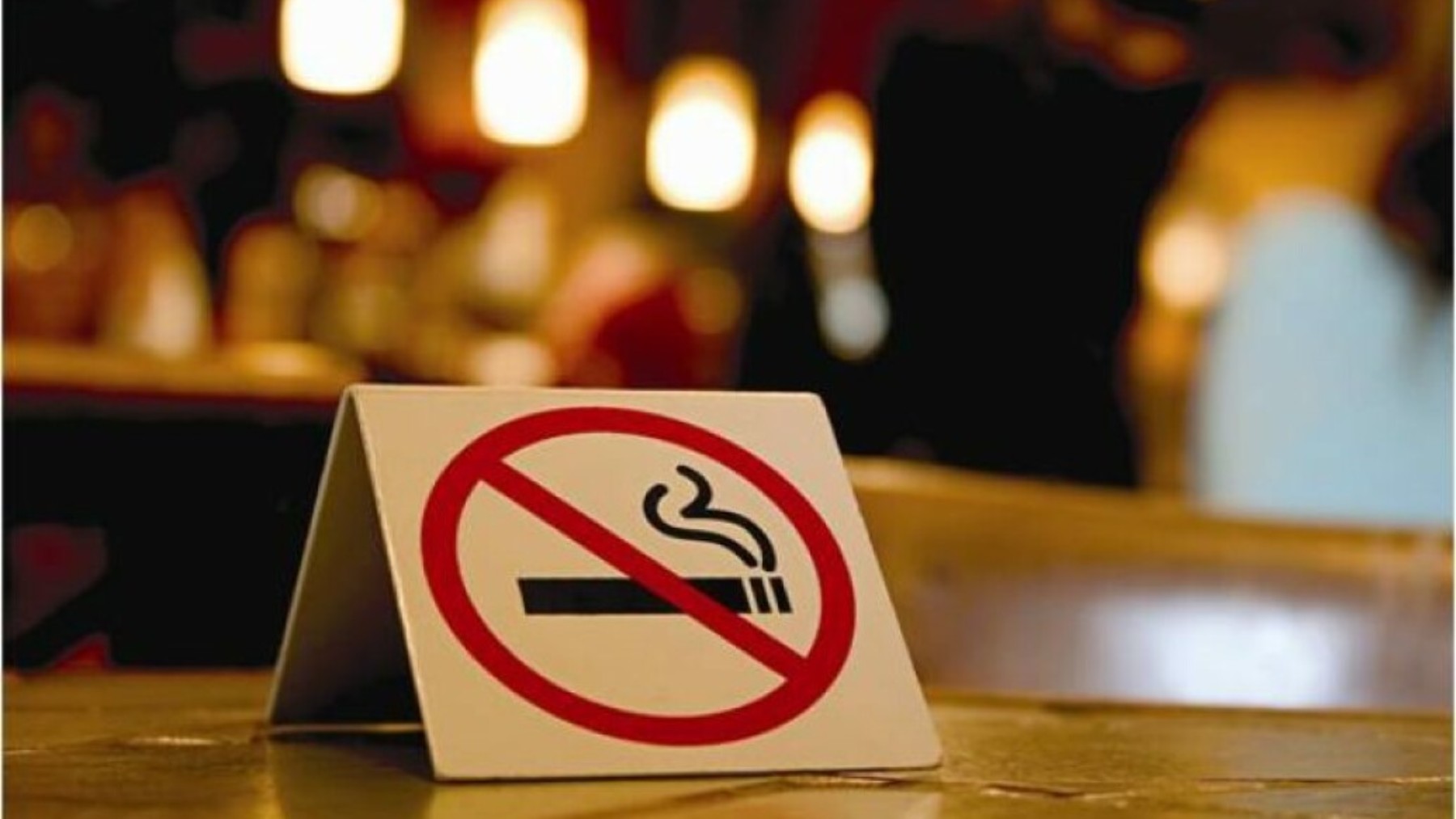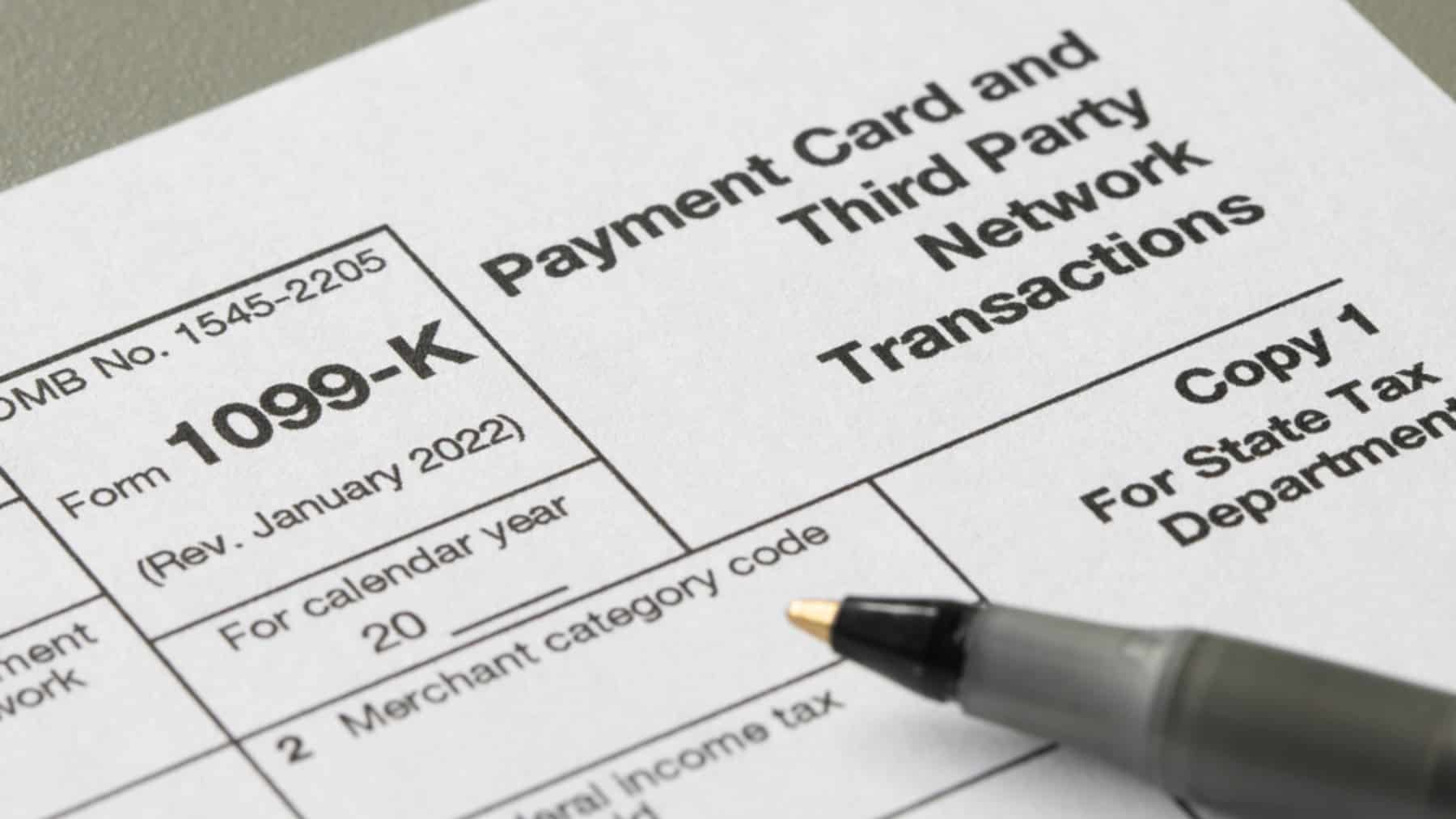The Maldives has become the first country in the world to approve a smoking ban for an entire generation. Everyone born after January 2007 is completely prohibited from consuming or selling tobacco, cigarettes, or similar products. This new anti-tobacco law came into effect on November 1, 2025, and has been promoted by its president, Mohamed Muizzu. According to the World Health Organization (WHO), more than a quarter of people on the island aged 15 to 69 were using these types of products.
However, from now on, using such products incurs a fine of $320. In this situation, Muizzu also reported the intention to increase taxes on tobacco imports, making a single pack cost up to $12.98. This regulation applies to tourists, as the use of vapes and e-cigarettes is completely prohibited on the island for both residents and tourists. This initiative was also proposed in New Zealand, where it was ultimately repealed in February 2024.
Tobacco-free country
Can you imagine a country where the consumption of tobacco, cigarettes, vapes, and related products is completely banned? Well, it exists, and it is located in the Indian Ocean. Since its implementation on November 1, 2025, everyone born after January 1, 2007, is prohibited from consuming these products in the Maldives. The archipelago has signed the first legal extinction ruling against a global addiction. This law has been ratified by its president, Mohamed Muizzu, and is part of the Second Amendment to the Tobacco Control Act.
Data from the World Health Organization (WHO) reported that more than one-third of the population aged 16 to 69 consumed tobacco or related products. According to the Global State of Tobacco Harm Reduction, adult prevalence has fallen from 37% in 2000 to 28.8% currently, with particularly notable decreases among women (from 9% to 1%). The goal is to continue reducing the numbers until reaching 0% smokers among the Maldivian population.
How will sales be controlled?
The country’s Ministry of Health has imposed mandatory age checks at points of sale, and it will be the owners of the establishments who are responsible for verifying the buyer’s age. They will not be allowed to sell e-cigarettes, vapes, heated tobacco, or any derivative products. To make it even more difficult for buyers, the government has imposed a 200% tax, raising the price of a pack to $12.98. If any retailer fails to comply with this regulation and sells tobacco to minors, they will be fined up to $3,200.
On top of that, the government has announced that it will fund nicotine replacement therapies dispensed only with a medical prescription. Of course, if someone is caught using a vape, they risk a fine of $320. All of this also applies to tourists, since the use of vapes and electronic cigarettes is prohibited on the island for both residents and visitors.
Failed attempts
The Maldives has not been the only place to implement this type of initiative, although it has been the only one to maintain it over time so far. In 2022, the Malaysian government introduced a law with a clause identical to the one presented in the Maldives, but following pressure from the vaping industry and organizations linked to the tobacco sector, it ended up disappearing a year later. The same thing happened in New Zealand, which repealed similar legislation just months after its approval.
Importance of this type of laws
This initiative is being studied as a replicable model by global health circles under the name ‘Maldives Strategy.’ Even Muizzu has been recognized with the Special Recognition Award on World No Tobacco Day by the WHO for his leadership in advocating public health. The Ministry of Health of the Maldives celebrates the implementation of this new regulation but emphasizes the need to sustain it over time, and for it to stop being merely a prohibition so that it can begin to become a cultural change from the ground up.





